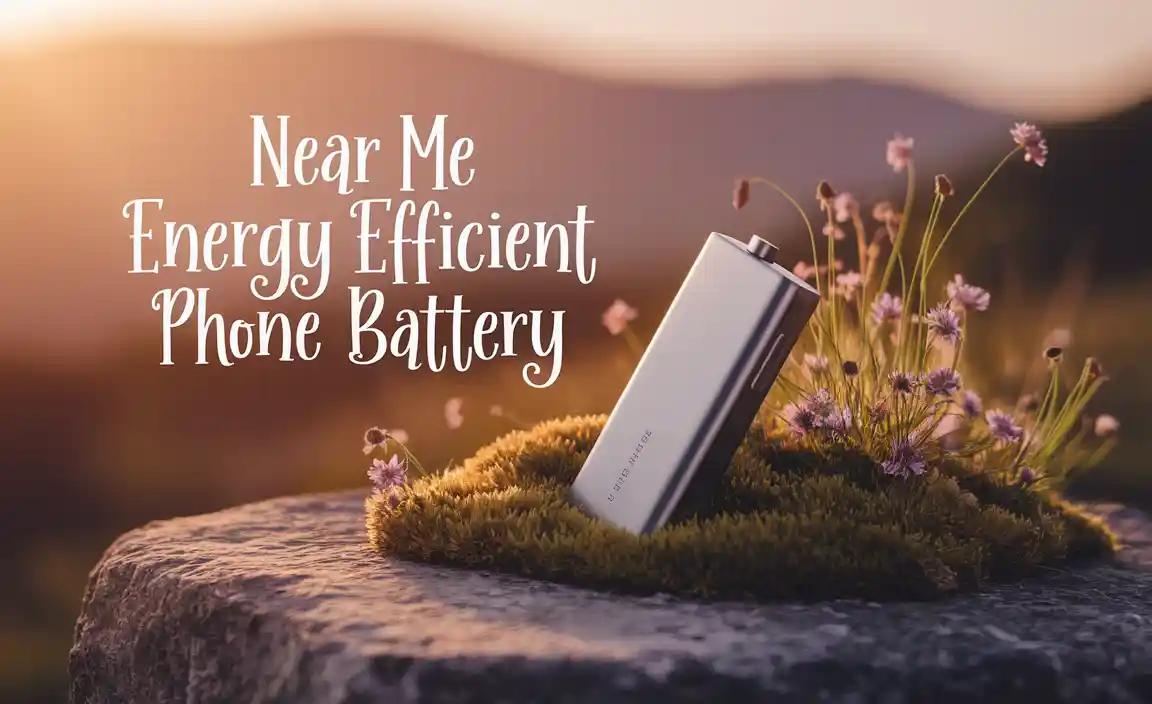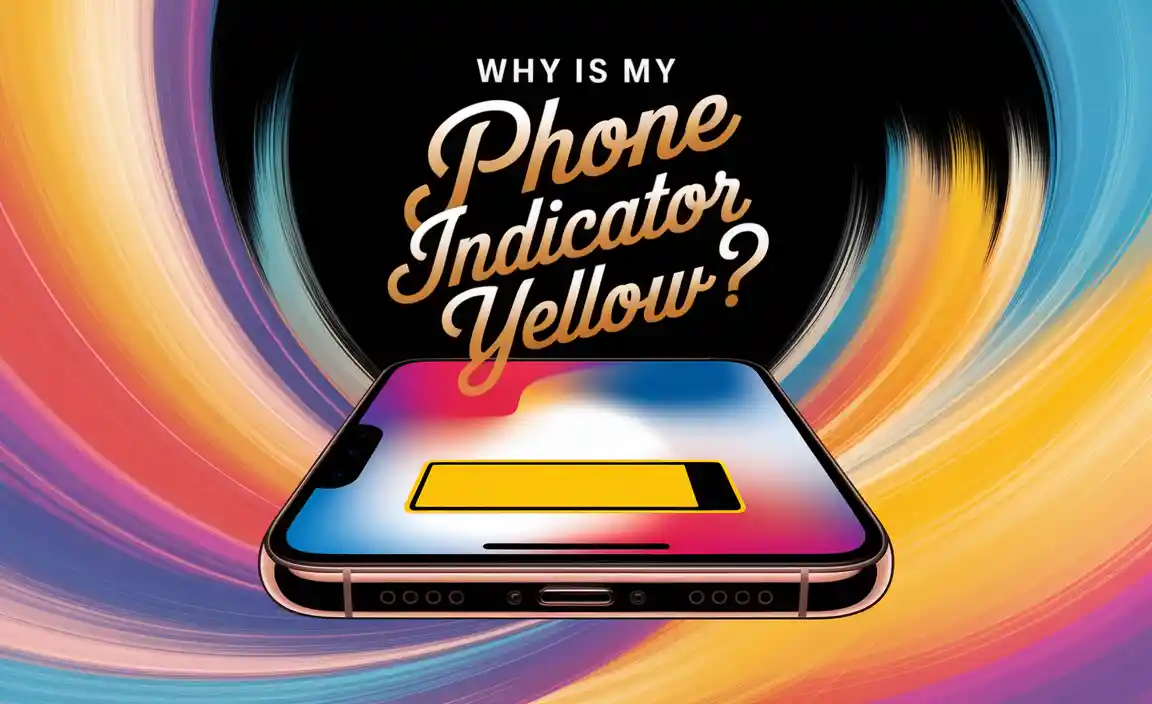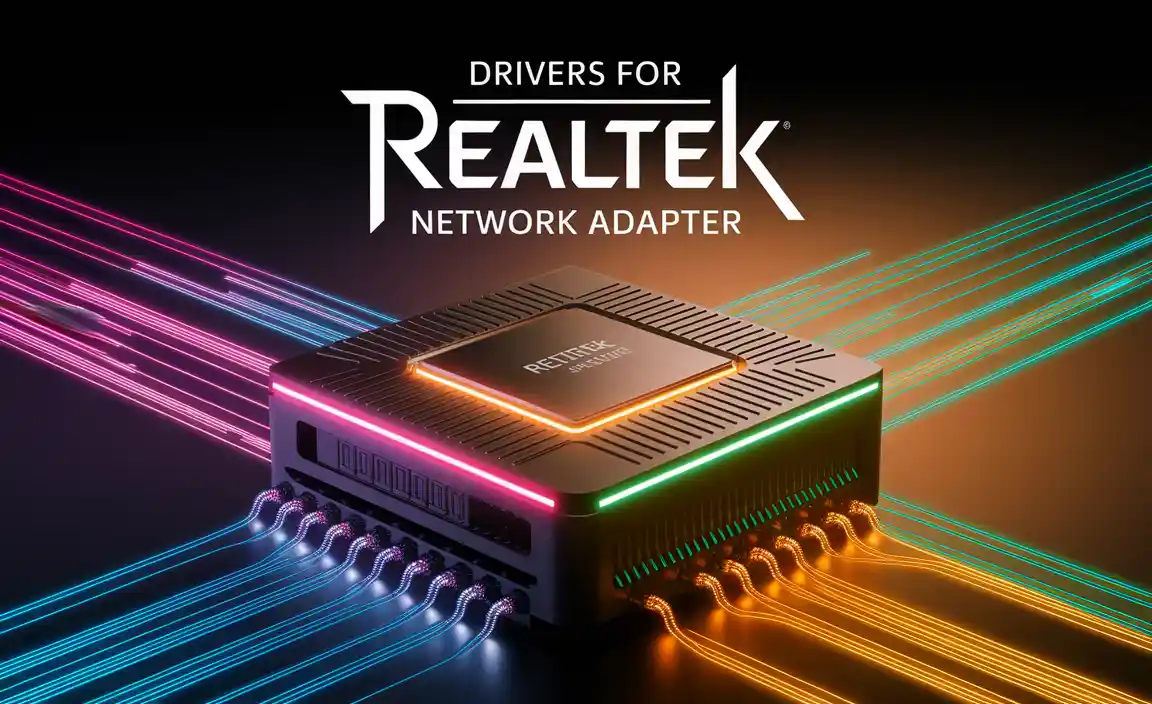Scrap batteries can be worth anywhere from a few cents to several dollars per pound, depending on their type and the current market prices for their valuable metals like lead, lithium, and nickel. Proper recycling yields rewards and keeps hazardous materials out of landfills.
Got a dead battery cluttering up your garage or recycling bin? You might be wondering if those old power sources have any value left. Many people throw them away without a second thought, but did you know that batteries, especially car batteries, can actually be worth money when you scrap them? It’s true! Many of us have seen a car battery die, or a phone battery start to fade, and felt a pang of frustration. The good news is you don’t have to just toss them. We’re here to show you the real worth hidden inside these everyday items and how you can turn your old batteries into a little extra cash while doing a good deed for the planet. Let’s uncover the surprising scrap value of batteries!
Uncovering the Hidden Value: What Makes Batteries Worth Recycling?
Batteries are more than just sources of power; they are complex assemblies of valuable materials. When a battery reaches the end of its usable life, its components can often be reclaimed and repurposed. This not only makes them valuable for scrap but also crucial for environmental sustainability. The main draw for scrap yards stems from the metals and chemicals contained within different battery types.
Lead-Acid Batteries: The Heavyweights of Scrap Value
When you think of scrap batteries, car batteries are often the first to come to mind. These are the most common type of battery people encounter and also hold significant scrap value, primarily due to their lead content. A typical car battery contains a substantial amount of lead, a heavy metal highly sought after in the recycling industry.
Lead-acid batteries work through a chemical reaction involving lead plates and sulfuric acid. While the acid needs careful handling, the lead itself is the key component for scrap value. Recycling companies can extract this lead, purify it, and use it to manufacture new batteries or other lead-based products.
How Much Can You Get for a Car Battery?
The price you can get for a scrap car battery varies based on several factors, including the battery’s weight, the current market price of lead, and the specific policies of the scrap yard you visit. Generally, you can expect anywhere from $5 to $15 for a standard car battery. Some yards might pay by the pound, offering around $0.20 to $0.50 per pound, with a typical car battery weighing between 30 to 60 pounds.
It’s important to note that many auto parts stores and repair shops offer core charges when you buy a new battery. This means you pay a deposit that is refunded when you return your old battery for recycling. This system ensures that most car batteries get recycled, often providing you with a direct credit rather than cash, but it still represents the value of the battery!
For the most accurate pricing, it’s best to call local scrap yards or auto recyclers in your area. They can give you up-to-date information on their buying rates and any specific requirements they have for accepting batteries.
Other Battery Types and Their Scrap Potential
While lead-acid batteries are the most common and valuable for scrap, other battery types also contain materials that can be recycled. However, their scrap value is generally much lower, and the recycling processes can be more complex and specialized.
Nickel-Cadmium (NiCd) and Nickel-Metal Hydride (NiMH) Batteries: These are often found in cordless tools and older electronics. They contain nickel and cadmium (in NiCd) or nickel and other metals (in NiMH). While valuable metals are present, the quantities are smaller compared to car batteries, and recycling often involves specialized facilities.
Lithium-Ion Batteries: These are in most modern devices like smartphones, laptops, and electric vehicles. Lithium-ion batteries contain valuable elements such as lithium, cobalt, nickel, and manganese. The technology to recycle these batteries efficiently is rapidly advancing, and their scrap value is expected to increase as demand for these materials grows. However, due to fire risks and complex chemistries, they require specialized handling and are not typically accepted at general scrap yards. Dedicated battery recyclers are the best option for these.
Alkaline Batteries: These are the common AA, AAA, C, and D batteries used in everyday household items. Historically, the materials (like zinc and manganese) in alkaline batteries had very little scrap value. While some recycling programs exist, they are primarily for environmental reasons rather than financial return. In many places, it’s now acceptable to dispose of alkaline batteries in regular household trash, though recycling is always the greener choice if available.
Where to Sell Your Scrap Batteries
Finding where to sell your scrap batteries is key to cashing in on their value. Your options typically depend on the type of battery you have. For the most common and valuable scrap batteries, like car batteries, specialized buyers are available.
Scrap Metal Yards and Auto Recyclers
These are your primary destinations for selling old car batteries. Most general scrap metal yards will accept lead-acid batteries because of their high lead content. Auto recycling facilities, which specialize in dismantling vehicles, are also excellent places to take them, as they are accustomed to handling car batteries and often buy them directly from the public.
What to Expect:
- Payment: You’ll typically receive payment based on the current market price of lead and the weight of the battery. Some yards pay by the pound, while others offer a fixed price per battery.
- Weight: Be prepared to transport the battery, as they are heavy. Many yards will help you load or unload it.
- Identification: You may need to show identification, especially if you are selling a significant number of batteries.
Always call ahead to confirm their prices, hours of operation, and any specific requirements for selling batteries. Some yards might not accept batteries if they are excessively corroded or damaged.
Dedicated Battery Recyclers
For batteries other than lead-acid, such as lithium-ion batteries from electronics or electric vehicles, you’ll need to find specialized battery recyclers. These facilities have the expertise and equipment to safely handle and process batteries with different chemistries, including those that pose fire hazards.
Finding a Recycler:
Organizations like Call2Recycle offer drop-off locations for rechargeable batteries, including those from power tools, laptops, and cell phones. Many electronics stores and municipal waste centers also partner with these programs.
Use the Call2Recycle locator to find a drop-off point near you.
Retailer Take-Back Programs
Many retailers that sell batteries, especially auto parts stores and electronics dealers, have take-back programs. When you purchase a new battery, they often accept your old one for recycling. This is particularly common for car batteries, where a core charge is applied to new purchases, incentivizing the return of old units.
Preparing Your Batteries for Scrap
Proper preparation ensures that your batteries are safe to transport and acceptable to scrap yards. For car batteries, this usually involves a few simple steps. For other battery types, it’s more about finding the right recycler.
For Lead-Acid (Car) Batteries:
- Inspect for Damage: Ensure the battery casing is not cracked or leaking significantly. Minor cracks might be acceptable, but a severely damaged battery could be rejected due to the risk of acid spills.
- Keep it Upright: Always transport car batteries in an upright position to minimize the risk of electrolyte (acid) spillage.
- Secure for Transport: Place the battery in a sturdy plastic container or a heavy-duty plastic bag to catch any potential leaks during transport.
- No Disassembly Needed: You do not need to dismantle the battery or remove any components. Scrap yards are equipped to handle them as complete units.
- Safety First: Wear gloves and eye protection when handling car batteries, as the acid is corrosive.
For Rechargeable and Lithium-Ion Batteries:
These batteries require a different approach. They are typically not sold for scrap value in the same way as car batteries. Instead, you should:
- Do Not Puncture or Disassemble: Lithium-ion batteries can be volatile and pose fire risks if damaged. Never attempt to take them apart.
- Use Designated Recyclers: Take rechargeable batteries (NiCd, NiMH, Li-ion) to designated collection sites. These are often found at electronics stores, home improvement centers, or municipal recycling facilities.
- Tape Terminals (Optional but Recommended): For lithium-ion batteries, a good practice is to place clear tape over the terminals to prevent short circuits, especially if you plan to store them before taking them for recycling.
Understanding Battery Scrap Prices: Factors that Influence Value
The scrap value of a battery isn’t fixed. Several dynamic factors influence how much you can get for it. Understanding these can help you gauge expectations and potentially get a better deal.
1. Type of Battery
As discussed, lead-acid batteries command the highest scrap prices among commonly accessible batteries. This is due to the significant amount of lead they contain compared to the metal content in smaller, rechargeable batteries like lithium-ion or NiMH.
2. Weight of the Battery
For bulk materials like lead, weight is a primary determinant of value. Heavier batteries, like those from larger vehicles, will naturally be worth more than lighter ones from smaller cars or motorcycles.
3. Current Market Prices for Metals
The scrap value of batteries is intrinsically tied to the global market prices for the metals they contain. The price of lead, nickel, cobalt, and lithium fluctuates daily based on supply and demand, industrial needs, and geopolitical factors. When these metal prices are high, scrap batteries fetch a better price.
You can often check commodity prices for metals like lead online to get an idea of current market rates. Reputable financial news sites or metal trading platforms can provide this information.
4. Condition of the Battery
While scrap yards buy batteries for their material content, extreme damage or corrosion can sometimes lead to rejection or a lower offer. Batteries that are severely leaking acid or have cracked casings might pose a risk during handling and transport, making them less desirable.
5. Location and Local Demand
Scrap yards in different regions may have varying prices based on local demand, transportation costs, and the number of competing yards. It’s always a good idea to get quotes from a few different places in your area.
6. Scrap Yard Policies and Fees
Each scrap yard operates with its own set of rules and pricing structures. Some might offer a slightly lower price but provide a convenient service, while others might offer more cash but have stricter acceptance criteria. Some yards may also charge a small fee for processing certain types of scrap.
Table: Estimated Scrap Value Ranges (for Car Batteries)
| Battery Type | Typical Weight (lbs) | Estimated Scrap Value Per Battery | Price Per Pound Range (Lead) |
|---|---|---|---|
| Standard Car Battery | 30-60 lbs | $5 – $15 | $0.15 – $0.40 |
| Larger/Heavy-Duty Battery | 50-70 lbs | $10 – $20+ | $0.15 – $0.40 |
| Motorcycle Battery | 5-15 lbs | $1 – $3 | $0.15 – $0.40 |
Note: These are approximate values and can vary significantly based on current market prices.
Environmental Benefits of Battery Recycling
Beyond the potential earnings, the most significant reason to recycle batteries is their positive impact on the environment. Batteries contain both valuable resources that can be reused and hazardous materials that can harm ecosystems if not disposed of properly.
Conserving Natural Resources
Recycling batteries allows us to recover precious metals and materials like lead, nickel, cobalt, and lithium. Instead of mining new raw materials from the earth, which is an energy-intensive and environmentally disruptive process, we can repurpose materials that have already been extracted. This reduces the demand for virgin resources and conserves finite natural reserves.
For example, lead recycling is highly efficient. According to the U.S. Environmental Protection Agency (EPA), over 99% of the lead from batteries is recovered during the recycling process. This recovered lead can be used to make new batteries, reducing the need for new lead mining.
Preventing Pollution
Batteries, especially older types or those with damaged casings, can contain heavy metals (like lead, mercury in some older types) and corrosive electrolytes (sulfuric acid). If batteries end up in landfills, these substances can leach into the soil and contaminate groundwater. This pollution can harm wildlife, damage ecosystems, and pose risks to human health.
Specialized battery recycling facilities are designed to safely neutralize hazardous components and extract valuable materials without releasing harmful substances into the environment. This controlled process ensures that even the most problematic elements are handled responsibly.
Reducing Greenhouse Gas Emissions
Manufacturing products from recycled materials generally requires less energy than producing them from raw resources. By recycling batteries, we save energy, which in turn helps reduce greenhouse gas emissions associated with mining, refining, and manufacturing processes. For instance, recycling lead uses significantly less energy than smelting new lead from ore.
Safety Tips for Handling and Transporting Batteries
Working with batteries, especially car batteries, requires attention to safety. They contain corrosive materials and can pose other risks if handled improperly.
Personal Protective Equipment (PPE)
- Gloves: Always wear acid-resistant gloves when handling car batteries to protect your skin from sulfuric acid.
- Eye Protection: Safety glasses or goggles are essential to shield your eyes from splashes of acid or debris.
- Protective Clothing: Consider wearing old clothes or an apron that you don’t mind getting stained or potentially damaged by acid.
Handling and Transport
- Keep Upright: Always transport car batteries in an upright position to prevent electrolyte leakage.
- Secure Load: Place the battery securely in your vehicle to prevent it from tipping over or rolling around during transit. Using a sturdy plastic crate or bucket can help contain spills.
- Avoid Sparks: Do not smoke or create open flames near batteries, as they can release flammable hydrogen gas during charging or discharge. Keep metal tools away from the terminals, as this can create sparks.
- Ventilation: If transporting multiple batteries or if you notice any off-gassing, ensure good ventilation in your vehicle.
- Wash Hands: After handling batteries, wash your hands thoroughly with soap and water.
What NOT to Do
- Don’t Disassemble: Never try to open or dismantle sealed battery cells (especially lithium-ion) as this can be dangerous.
- Don’t Puncture: Puncturing any battery type, particularly lithium-ion, can lead to fires or explosions.
- Don’t Throw in Regular Trash: Avoid putting batteries in your household trash, as they can cause environmental damage.
If you suspect a battery is leaking or severely damaged, handle it with extra caution. You might want to put it in a double layer of heavy-duty plastic bags or a sealed container.
Frequently Asked Questions (FAQs) About Scrap Batteries
Here are some common questions people have when looking to get value from their old batteries:
Q1: How much is a car battery worth as scrap?
A car battery is typically worth between $5 and $15 as scrap, depending on its weight and the current market price of lead. Some scrap yards pay by the pound, usually in the range of $0.15 to $0.40 per pound for lead.
Q2: Where can I take my old car battery to sell it?
You can sell old car batteries at most scrap metal yards, auto recycling facilities, or sometimes directly at auto repair shops or parts stores that accept them for recycling (often as part of a core charge refund).
Q3: Do I need to do anything to prepare my car battery before selling it for scrap?
Yes, it’s important to keep the battery upright to prevent leaks and ideally place it in a sturdy plastic container or bag for transport. Ensure the casing isn’t severely cracked. No disassembly is needed.
Q4: Are lithium-ion batteries worth money for scrap?
Lithium-ion batteries contain valuable metals, but their scrap value is usually realized through specialized recycling processes, not by selling them to general scrap yards. They require careful handling due to fire risks. Look for dedicated battery recycling centers or electronics recycling programs.
Q5: Can I sell dead or completely discharged batteries?
Yes, dead car batteries are still valuable for scrap because of their lead content. As long as they are not severely damaged (e.g., cracked with significant leakage), scrap yards will typically accept them. For other battery types, check with the




